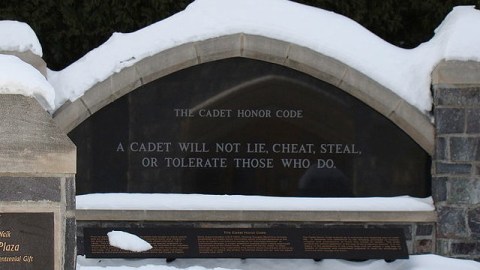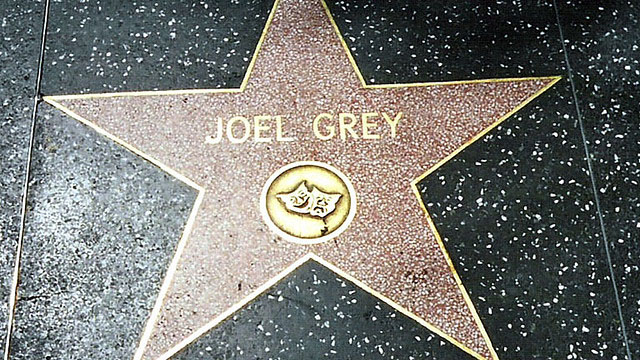Batwoman Comes Out

Batwoman is gay. Originally introduced as part of DC Comics’ 52 series as part of a push to introduce more minority superheroes, the new Batwoman was fleshed out by Greg Rucka and J.H. Williams III in their fantastic Batwoman: Elegy. In this new version, Kate Kane—Bob Kane, of course, is the name of the man who in real life created the original character of Batman—is an army brat who rises to the top of her class at West Point. But when allegations are brought that she has been having a relationship with another woman in violation of article 125 of the Uniform Code of Military Justice, she is forced to leave the Army.
Normally, I don’t like spinoff superheroes. I would prefer a female hero with a compelling backstory of her own than a spinoff a of a popular male character. Barbara Gordon was more interesting as Oracle than as junior Batman copy Batgirl. And don’t even get me started on spinoffs like Bat-Mite or Ace the Bat-Hound. But the new Batwoman succeeds as a character precisely because she’s not really a copy of Batman. Batman is driven by the murder of his parents to protect those who are as innocent and vulnerable as he once was. Batwoman’s story is more about being true to her own identity. As she tells her commanding officer, all she has ever wanted since her mother and sister were murdered when she was a child is to serve. But denying her sexuality would require her the West Point Cadet Honor Code, which says “A cadet shall not lie, cheat, or steal, or tolerate those who do.” She becomes Batwoman only after she is forced to choose between serving her country and the principles for which it stands.
Batwoman is partly based on the experiences of Dan Choi, a West Point graduate who served in Iraq as an Arab linguist, who was discharged from the Army after coming out on The Rachel Maddow Show. He helped found Knights Out, a group of West Point alumni who support the rights of lesbian, gay, bisexual, and transgender soldiers to serve their country openly. Choi has a cameo in Batwoman: Elegy as a friend and classmate of Kane and told Maddow—who actually wrote the introduction to the hardcover edition of the comic—that the “Don’t Ask, Don’t Tell” policy forced him to deny the cadet honor code. This is precisely the issue at the heart of last week’s federal court ruling that “Don’t Ask, Don’t Tell” is unconstitutional: it forbids service members from speaking openly about who they are.
The new Batwoman represents quite a change from the original Kathy Kane, who was introduced in 1956 in part as a love interest for Batman to prove he wasn’t gay, after questions arose about the nature of his relationship with Robin. Some find the efforts to introduce superheroes with different backgrounds distasteful, as if it were offensive to suggest that someone who is a lesbian could also be heroic. But the fact is that our society is full of people with all sorts of backgrounds who serve their communities and their country. It is absurd to suggest—as comics once seemed to—that only straight white men could be heroes. There is something closeted anyway about the masked superhero, who like the gay or lesbian member of the armed services, feels pressure to hide something about themselves. While Batwoman is not the first gay or lesbian character in the comics, her story beautifully dramatizes the dilemma of those who we accept only so long as they deny who they really are.





